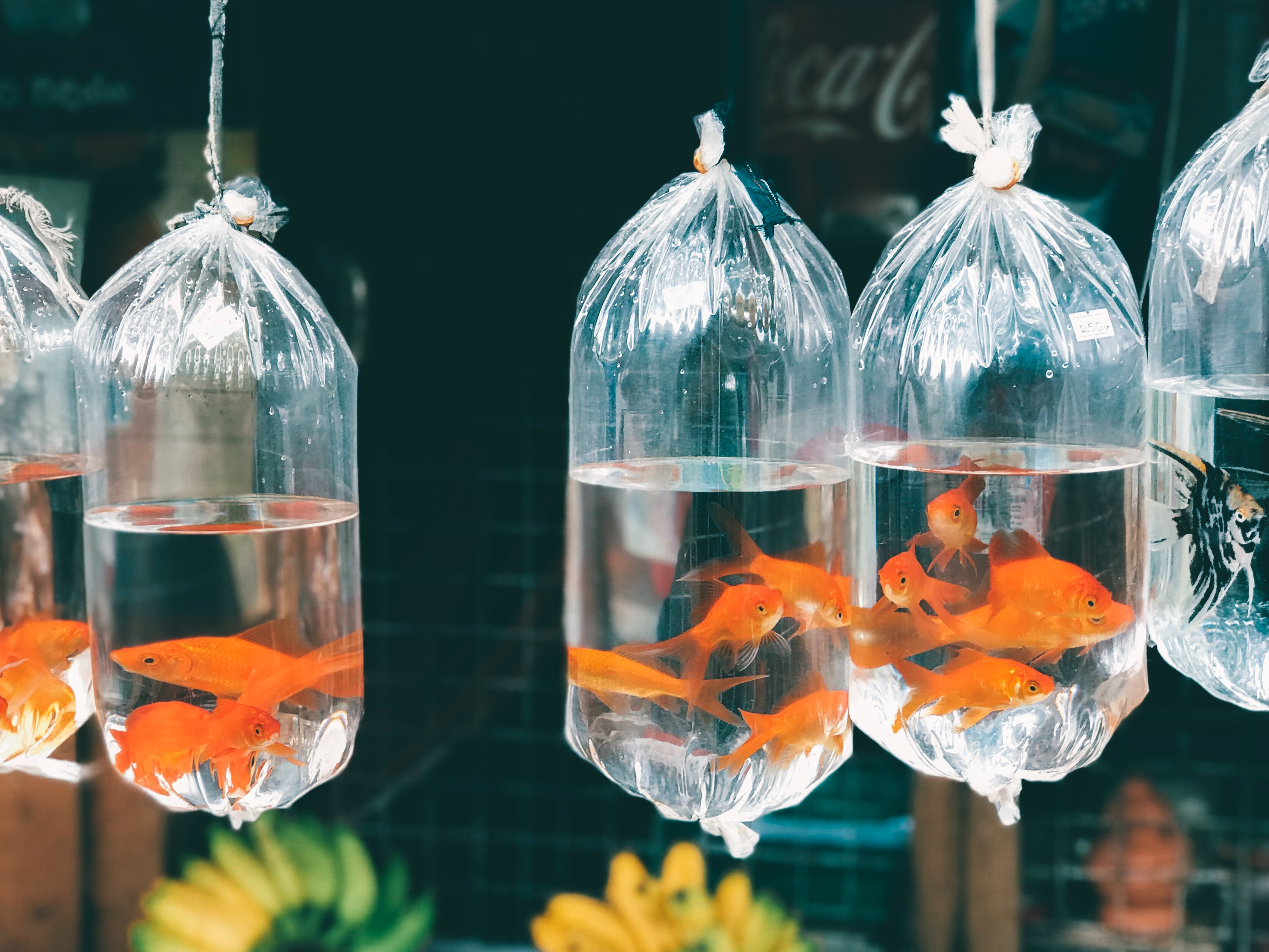In the modern world, plastic is used at all stages of the life cycle of goods: starting with the use of plastic film to cover vegetables in the garden beds, ending with the packaging of the finished product ordered via the Internet. In the context of globalization and e-commerce, the total volume of goods delivered is growing, and goods are moving over long distances within a complex cross-border logistics network.
The results of a study conducted by DHL among its customers and partners show that for nine out of ten companies, packaging will play an essential role in the next three to five years. The fast delivery and growing popularity of subscription services lead to frequent shipment of goods individually, which increases packaging waste and carbon emissions.
The Problem of Packaging Waste Disposal
World consumption of plastic bags exceeds one million units per minute, which in annual terms leads to the production of over a trillion bags. On average, the consumer actively uses the bag for only 12 minutes; nature takes up to a thousand years to decompose plastic.
At the moment, plastic bags are found in all parts of the world, even in the Antarctic. The rate of еру production of plastic is much higher than the rate of decomposition, which leads to its accumulation. Thus, the task of restricting the use of disposable plastic and replacing it with reusable alternatives grows in importance.
The responsibility for the formation of consumer plastic lies largely with retailers. Thanks to the wide range of packaged goods and the emergence of the fast-moving consumer goods (FMCG), high turnover is found in each of the departments of a standard supermarket.
In spite of objective ease of use, consumers began to think about their own ecological footprint. In the 2017 consumer survey, the GfK research agency revealed the rate of people who agreed with the statement “I feel guilty when I do something that is not environmentally friendly” grew by 9 percent.
Extended Producer Responsibility

Under the UN Sustainable Development Goals, the world needs to abandon the linear economy in which goods are created, used, and disposed of until 2030. The new concept of extended producer responsibility (EPR) is based on the principle “polluter pays”.
But who is the polluter, you wonder?
It is considered that the consumer chooses from those products that the manufacturer supplies to the market. The consumer cannot directly influence what materials the goods are made of and what they are packaged into. It is the manufacturer who stands behind this choice and should assume responsibility for it.
In addition to the fact that the manufacturer is obliged to make packaging from recyclable materials and create a design in such a way that it does not interfere with processing, he is also obligated to pay an environmental fee for the disposal of the entire volume of goods and packaging that he supplies to the market.
However, the manufacturer includes the cost of processing in the price of the goods intended for the consumer. As a result, the buyer pays for the cost of utilization already at the time of purchase, and the manufacturer remains responsible for reporting and paying the fee.
Thus, the burden in the amount of the environmental tax falls on the consumer of goods: the more the consumer purchases goods in packaging, the higher the fee he pays.
Note: the idea of EPR in various designs has been successfully implemented in many countries, including in Germany, Sweden, the Netherlands, Belarus, Japan. As a result of the introduction of these practices, these countries have achieved high levels of packaging waste disposal. For example, Sweden has already come up with the most efficient plan for sorting plastic packaging in Europe.
Why Change Is Needed
Although certain types of packaging help extend the shelf life of products, plastic containers do not reduce but increase the amount of waste. We can see that folding, wrapping, pouring food into plastic containers and packaging does not reduce the amount of spoiled food, but rather contributes to the emergence of new food and plastic waste.
Supermarkets sell tons of by-products, which after a few minutes of use become garbage. About half of what is in the bin is disposable plastic. Huge volumes of such garbage are sent to crowded landfills every day. There, they decay emitting landfill gas, which causes so many problems to people across the country.
What it Takes to Reduce Packaging Wastes in the World

The first and most important step is that we all need to shift to a new mentality and change the approach to packaging:
- use packaging only when it is really needed
- shorten the supply chain to avoid the need to protect products with plastic
- use recycled packaging
- introduce reusable packaging in the food delivery system
- legally limit the use of single packaging
- raise awareness of the role of food in the economy
- teach people to use reusable bags, glass or ceramic containers
- introduce sustainable agricultural practices while supporting local businesses.
Quality sustainability education for both producers and consumers can make a real change in the field of packaging waste production.
Final Word
If the countries around the world are willing to build a transparent and effective waste management system, everyone should fulfill their obligations:
- state authorities should create regulatory standards in the field of waste management, participate in the creation of infrastructure and educate citizens about it;
- residents and businesses should sort the waste and pay the cost of waste collection in full;
- manufacturers of goods and packaging should pay an environmental disposal fee and create goods in such a way that, after the loss of consumer properties, they can be processed;
- supervisory authorities should monitor the implementation of the requirements of the law by all subjects of relations.
Only such coordinated effort and mutual liability will help to save the planet from the packaging havoc.


